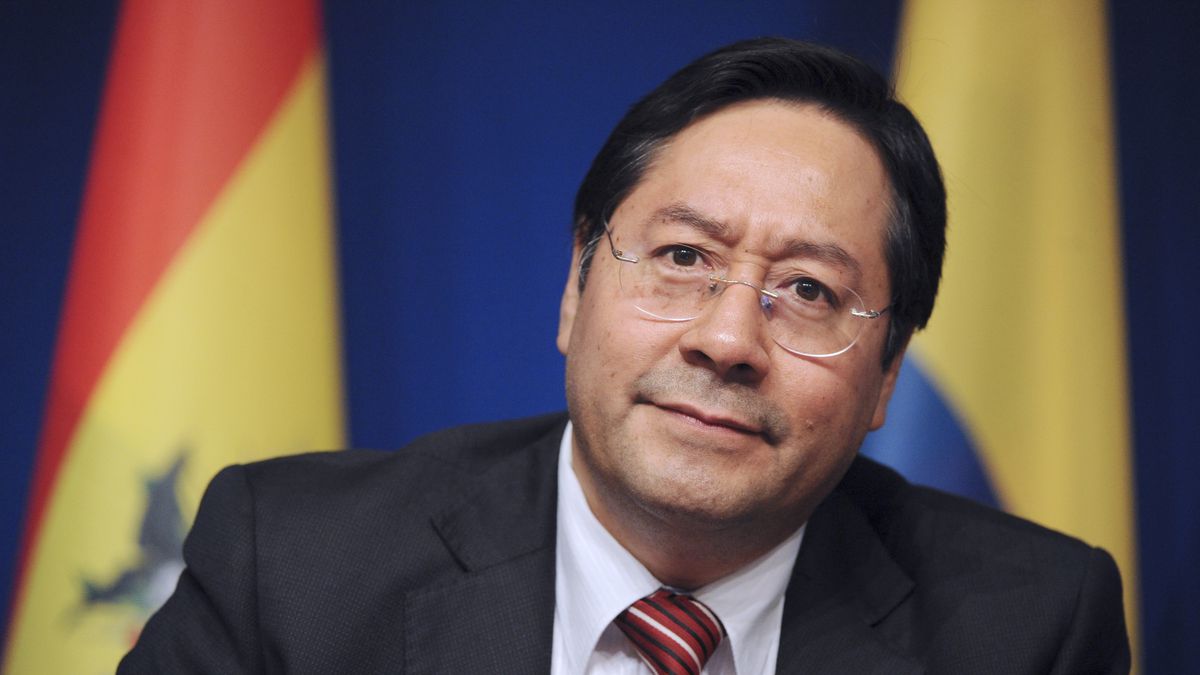RIO DE JANEIRO, BRAZIL – The president of Bolivia, Luis Arce, signed the agreement to construct a fertilizer production plant to guarantee the food security and sovereignty of the South American country.
On Saturday, July 9, Arce signed the contract to construct the granulated fertilizer plant in Cochabamba, which will require more than BOB 33 million (US$4.8 million) and guarantee food production.
The Bolivian Hydrocarbon Industrialization Company and the construction company Sur Energy SRL Donec signed the contract to construct the Cochabamba Granulated Fertilizer Production Plant (NPK).

The head of state emphasized that this project will strengthen the national agricultural sector, reduce production costs, prevent foreign exchange leakage, and guarantee food sovereignty.
“This is not an isolated plant that is out there without objective; this plant means a part of this national strategy to improve agricultural productivity and become a country that is self-sufficient in the production and consumption of its food, that is, to reach security with food sovereignty,” he said.
“When we were in the election campaign in 2020, we made a diagnosis of the economic situation of our country,” said the president.
“At that time, the fundamental concern was the pandemic (of Covid-19), health, education, but mainly the concern about the national economy.”
“That diagnosis highlighted the low productivity of the land, which is manifested with neighboring countries that have higher productivity and therefore compete with international market prices,” said the head of state.
In this context, industrialization with import substitution was quickly incorporated into the Government Plan to reduce production costs and stop depending on foreign purchases of inputs that damaged the Bolivian trade balance.
It was also identified that one of the most widely used products with a high imported component was fertilizers, which today are used in the production of the agricultural sector.
“Therefore, we included in our Government Program this industrialization with import substitution, in the understanding that Bolivia has an enormous potential and natural resources that can be industrialized and that can generate these products that we are importing, such as fertilizers,” said Arce.
“The lack of grain production is causing all countries to dedicate themselves to the same, which means a greater demand for fertilizers, seeds, and others,” he said.
He highlighted the reactivation of the Urea and Ammonia Plant, one of the components for the fertilization of the land. He assured that the new plant would provide new chemical elements of nitrogen, phosphorus, and potassium, which are the most important for agricultural production.
The president said that the new plant would have singular importance because it would be possible to determine the percentage composition of each chemical element according to each fertile or non-fertile land in the country.
With information from teleSUR

